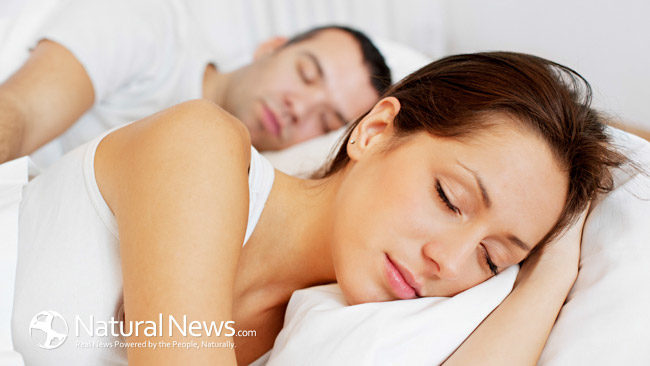There are countless articles on the Internet that warn about the negative effects of chronic sleep deprivation, like an increased risk of high blood pressure, heart disease, stroke, or diabetes. If you’re staying up late every night binging your favorite TV series, then sleeping for a few hours and going to work first thing in the morning, that’s a habit you could put under control. On the other hand, insomnia is a serious medical condition that can’t be fought with just a simple habit shift.
Sleep deprivation and the mind
Depriving yourself from sleep can be caused by many different things, from conditions like insomnia to a chaotic whirl of thoughts and problems that can’t seem to stop troubling your mind, and let you sleep. But the negative impact doesn’t just happen once you’ve turned the lights off, it plagues you during the day too, due to its detrimental effects on your body, as well as the brain and your mind. The sleep cycle issue can affect self-esteem, by wearing down the normal capacity of an individual to deal with daily challenges and aggravations. Eventually, the cycle of stress wears you down and lowers your threshold for “stress perception”. Simple tasks, such as responding to an email or running an errand, can be overwhelming if you’ve had weeks or months of restless nights, or when you’re dead tired.
The connection between sleep and self-esteem
Sleep deprivation causes irritability and it becomes more prevalent. The odds of feeling too sensitive increase, so people feel frustration or fear, and start doubting themselves just because, for example, a friend doesn’t text back for several hours. Add in a few more nights of not enough sleep, and you’ll start feeling more sensitive to the outside world, less connected to yourself and your life goals.
A lack of sleep can challenge your relationship with family, friends, or partners. You may often get angry at yourself or act out due to frustration, and have less patience for situations and people. Increased sadness and depression can develop with sleep deprivation, while those who already have underlying mental health issues or are already depressed may find those problems have worsened.
Letting those little things that you’d normally push away get to you and amplify your emotions eventually makes you less happy with others and yourself, causing a major hit to your self-esteem.
How to get a good night’s sleep and improve your self-esteem
- About one hour before bedtime is the ideal time to wind down, and spend some restorative time. Do something to induce relaxation, like meditation, have a relaxing bath, or do some reading. There are numerous sleep meditation and hypnosis guides on YouTube that you can listen to while lying in bed. Turn off all electronics.
- By making your bedroom dark, cozy, and cool (in other words, hibernation friendly), and finding the best sleeping position, you’ll allow your body to fall into hibernation mode much more easily. Make sure your bed is comfortable and your bedroom quiet, so you feel relaxed instantly when you get into bed.
- Get your brain to “reset” by incorporating gentle exercise and more breaks for mindfulness. Even though it may seem impossible to break away from the daily grind, taking 5-10 minutes a few times during the day can decrease the noise in your head (that’s amplified during the night) and help you recharge your brain.
- If you consume too much coffee on a daily basis, decrease it, because it can intensify your anxiety and create disturbances in your sleep patterns. Decrease your caffeine intake by limiting your consumption of coffee, soda, energy drinks, and tea, as they remain in your body 3-5 hours on average, but are known to affect some people up to 12 hours later.
- Avoid checking your Facebook and Instagram feed, looking at your tablet, phone, emails, TV, Hulu, Netflix, and playing video games in bed. Neurotransmitter activity gets stimulated by the light and the activity, which disrupts your sleep cycle.
- Try to keep your sleep cycle consistent. Go to bed and wake up at the same time, and don’t try to catch up during the weekend, because it will be harder for you to adjust when Monday comes.
Not getting enough sleep can impair your motor and cognitive functions. It has been associated with suicidal thoughts, anxiety, and depression, as well as increased odds of feeling overly irritable and sensitive. These effects get worsened by a continuous lack of sleep, so keeping good track of your sleeping pattern, and putting more effort into relaxation and de-stressing is important for maintaining your sleep cycles regular. All of these negative emotions are common factors of low self-esteem, and can lead to permanent damage if they’re not dealt with in time.





